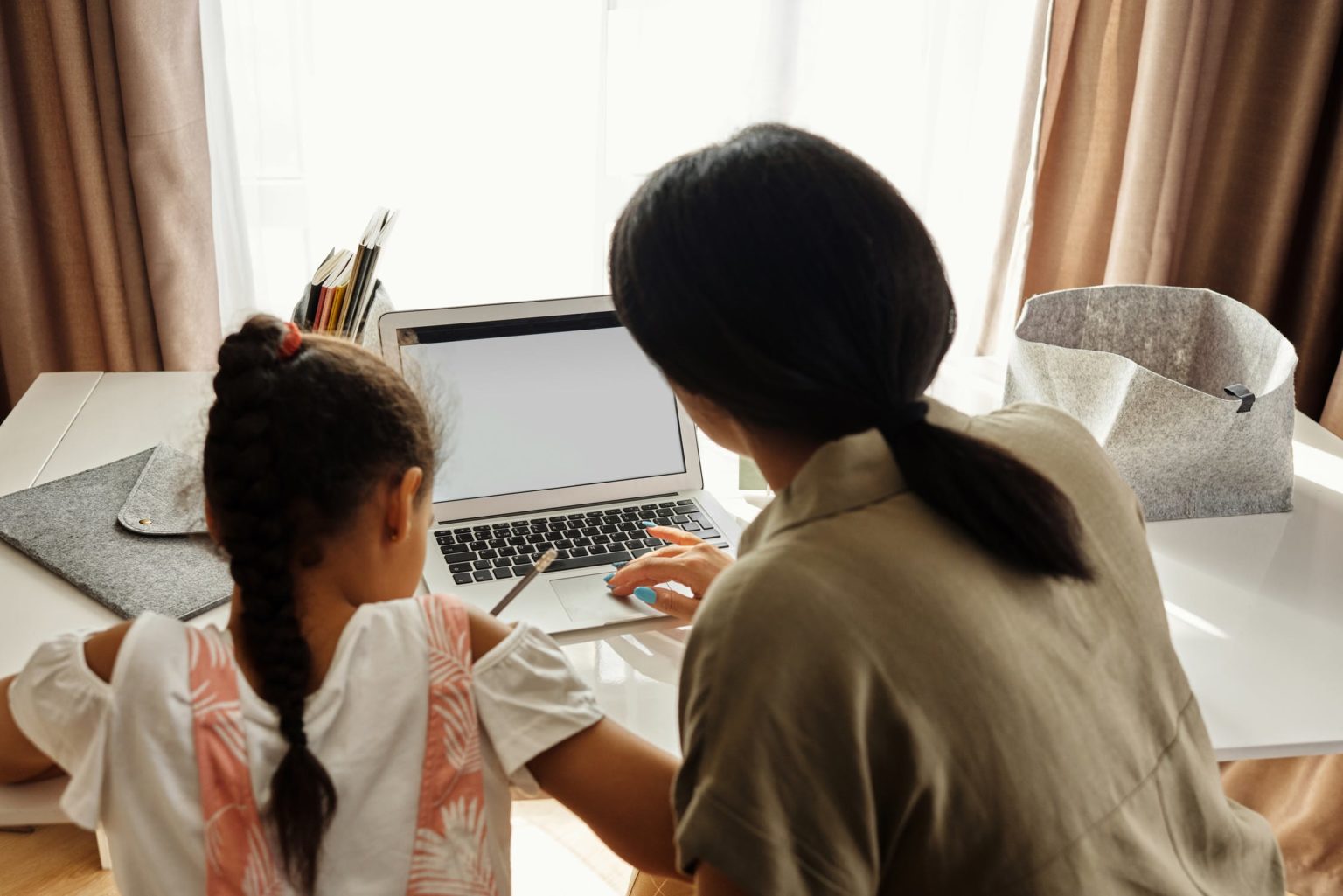Over the years, homeschooling children has become a popular education approach not only in the United States, but across the world. Apparently, this education method is often a hot topic worldwide, with countries that allow and does not permit it. Back in the day, families who homeschool their children were deemed conservative and irresponsible. But the tides have turned, and now homeschooling is now respected in many countries.
In this article, we will identify which countries have the most homeschooled kids, as well as what countries homeschooling is considered popular. If you want to know more, make sure to read further!
Top homeschooling countries
Countries that have the most homeschooled children at the USA and India, two of the largest countries in the whole world. This is in part due to their huge population sizes—India has between 500,000 and 2.7 million homeschooled children, while there are about 2.5 million homeschooled children in the USA. The rise of homeschooled kids in the US started between 1999 and 2007.
Homeschooling in the US
Homeschooling is considered lawful in all fifty states. Its laws can be divided into three facts:
In a few states such as Indiana, California, and Texas, homeschooling requirements depend on its treatment as a type of private school.
In some states such as New Jersey and Maryland, homeschooling requirements depend on the particular standards of the compulsory attendance statute.
In some states such as Iowa, Maine, and New Hampshire, requirements are dependent on the statutes that are exclusively applied to homeschooling.
Homeschooling in India
Homeschoolers in this Asian country make use of a selection of methods and materials, at par with international standards, and often tweaked to fit children’s learning styles. Famous homeschooling methods include Montessori method, Waldorf education, Unschooling, and Radical Unschooling. Internet-based support groups for homeschoolers and alternative schoolers in India, which aim to enhance learning abilities through conferences, apprenticeships, and social meetups. Some homeschoolers in India have made names by being accepted in premier institutions such as MIT and IIT.
Homeschooling in other countries
South Africa
Homeschooling was considered illegal during the apartheid period. During which Nelson Mandela was elected president, parents Bokkie and Andre Meintjies were put to jail and their children were sent to separate orphanages and were stripped off of rights of having contact with their family members because they were homeschooled. A few years after this mishap, Mandela legalized home education in 1996.
Columbia
The Article 68 of Columbian Constitution posits that homeschooling is legal in the country. If the homeschooled student wants to go to College, he has to pass the Public Validation Test and State test to qualify in his preferred college/university.
Poland
The Polish Constitution’s Article 16, parts 8 to 14, posits that parents have the liberty to apply for permission from the school principal to homeschool their kid. Parents could apply not only to their local school, but in any school across the country. The Home School Legal Defense Association website has every information a parent will need.
Norway
Norwegian children and parents have the freedom to have education at home. However, parents should ensure that the level of education they get at home will be the same as they can get in public/private schools. Parents must also have to notify local authorities that they want to homeschool their children.
Switzerland
Switzerland is divided into 26 cantons and each canton possesses its own educational protocols. Some cantons permit homeschooling, while others do not. Some cantons require a teaching certificate for parents who want to homeschool their children.
Ireland
Every child in Ireland has the right to be homeschooled. Parents are not warranted to send their children to school nor follow the national curriculum. As per the Gifted Ireland website, should parents decide to homeschool their children, they need to contact the National Education Welfare Board, after which, they will be visited with one of the members who will discuss the homeschooling standards, as well as the guidelines of homeschooling.
Slovenia
Homeschooled children are required to enroll at a school and pass the annual exams in specific subjects. If the child fails to pass the exams after two attempts, the child is required to pursue regular education. If the child passes, he/she will be allowed to pursue homeschooling without stringent requirements.

